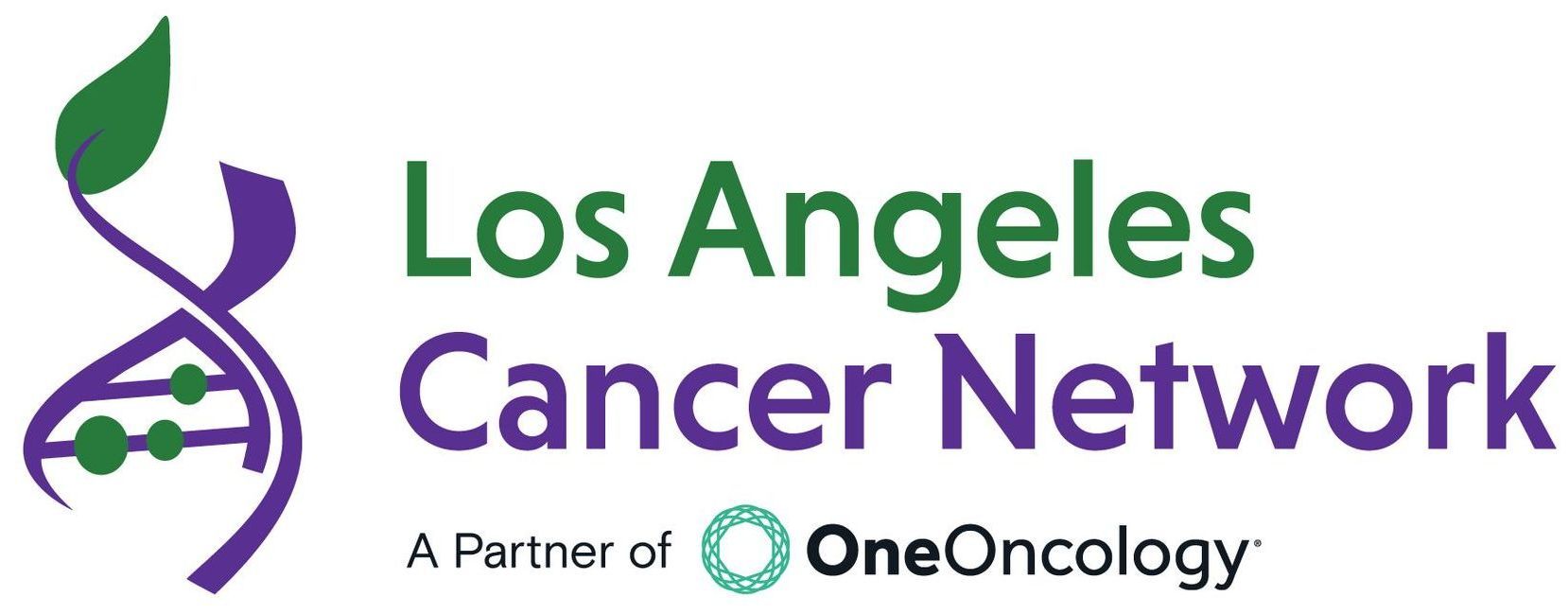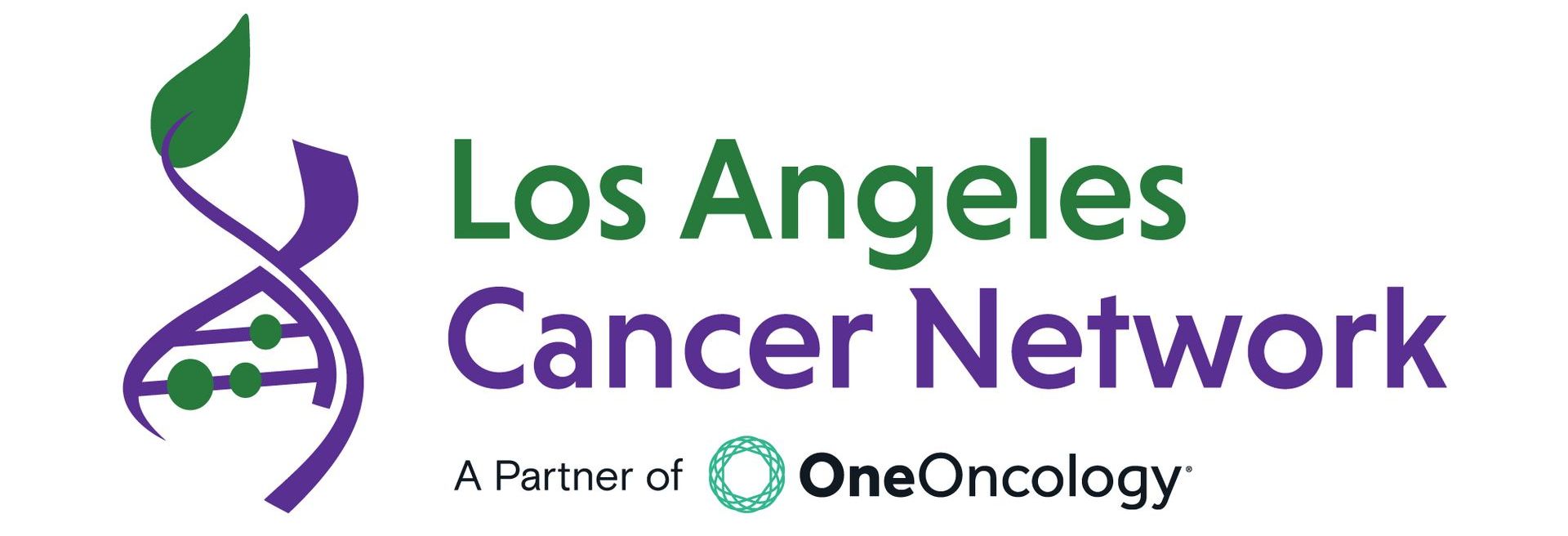BREAST CANCER
What is Breast Cancer?
Breast cancer is a disease that begins with the uncontrolled growth of the breast cells. There are many different types of breast cancer. The kind of breast cancer depends on which cells in the breast turn into cancer. The breast is made up of three main parts: lobules, ducts, and connective tissue. Most breast cancer is in the ducts or lobules.
What Causes Breast Cancer?
Breast cancer develops as a result of changes to the genetic material within breast cells. These changes result in the pattern of cell growth and division characteristic of breast cancer. Although the increased likelihood of developing breast cancer is associated with the following factors, according to the CDC, in most cases, physicians and scientists are still trying to determine what causes breast cancer to develop:
- Aging
- Alcohol use
- Having dense breasts
- Genetic mutations
- Experiencing an early menstrual period
- Experiencing late or no pregnancy
- Starting menopause after age 55
- Lack of physical activity
- Obesity
- Use of combination hormone therapy
- Use of certain oral birth control pills
- Personal history of breast cancer
- Personal history of non-cancerous breast disease
- Family history of breast cancer
- Prior radiation therapy targeting the chest
- Use of the drug diethylstilbestrol
Symptoms of Breast Cancer
If you are experiencing any of these symptoms, we urge you to speak to your provider as soon as possible for further examination.
- A breast lump or thickening
- An increase in size or change in the shape of the breast(s)
- Changes in the appearance of one or both nipples
- Change in breast color
- Changes in touch (may feel hard, tender or warm)
- Increase in breast size or shape (over a short period of time)
- Irritated or itchy breasts
- Lumps or nodes felt on or inside of the breast
- Nipple discharge other than breast milk
- Pain in/on any part of the breast
- Peeling or flaking of the nipple skin
- Redness or pitting of the breast skin (like the skin of an orange)
- Skin changes, such as swelling, redness, or other visible differences in one or both breasts
Stages of Breast Cancer
‘Staging’ occurs when a physician uses to test and scan results to determine which parts of the body are involved by cancer, in this case, breast cancer. Staging is important because different stages of breast cancer are better addressed with treatments that may differ in amount, combination, or type. According to the American Joint Committee on Cancer (AJCC), the stages for breast cancer are as follows:
Stage 0
This stage is usually assigned only to non-invasive breast cancers, such as DCIS. At this stage, there is no evidence cancer involves parts of the breast other than where cancer originated.
Stage I
This stage describes breast cancer that has invaded the tissue surrounding where it started.
Stage II & III
The breast cancer has spread and may include more of the surrounding tissue, may involve nearby lymph nodes, or may have spread to both surrounding lymph nodes and other nearby parts of the body.
Stage IV
In this stage, the breast cancer has spread to parts of the body distant from where it began, such as different organ systems. These systems might include the bones, lungs, distant lymph nodes, liver, or brain.
How is Breast Cancer Treated?
Treatment of breast cancer, depending on the stage and type, may include chemotherapy, hormonal therapy, radiation therapy, and/or surgery. These treatments may be used individually or in combination based on your doctor’s recommendations. It’s important to discuss all of your treatment options with your doctor to help make the decision that best fits your needs. Some important factors to consider when deciding on a breast cancer treatment plan include:
- Your age, health, and lifestyle.
- The stage of your cancer.
- Any other serious health conditions you have.
- Your feelings about the need to treat cancer right away.
- Your doctor’s opinion about if you need to treat cancer right away.
- The likelihood that treatment will help fight or cure your cancer.
- Possible side effects of each treatment method.
You may feel the need to make a quick decision, but it is very important to ask questions if there is anything about which you’re not entirely sure. It is very important for you and your doctor to communicate and work together to weigh the benefits of each treatment option against the possible adverse effects in order to ultimately determine which treatment option is best for you.
Our Approach
The doctors here at LACN are here for you every step of the way through your journey. Our specialists can provide you with comprehensive, personalized care to help from diagnosis to remission and thereafter.












